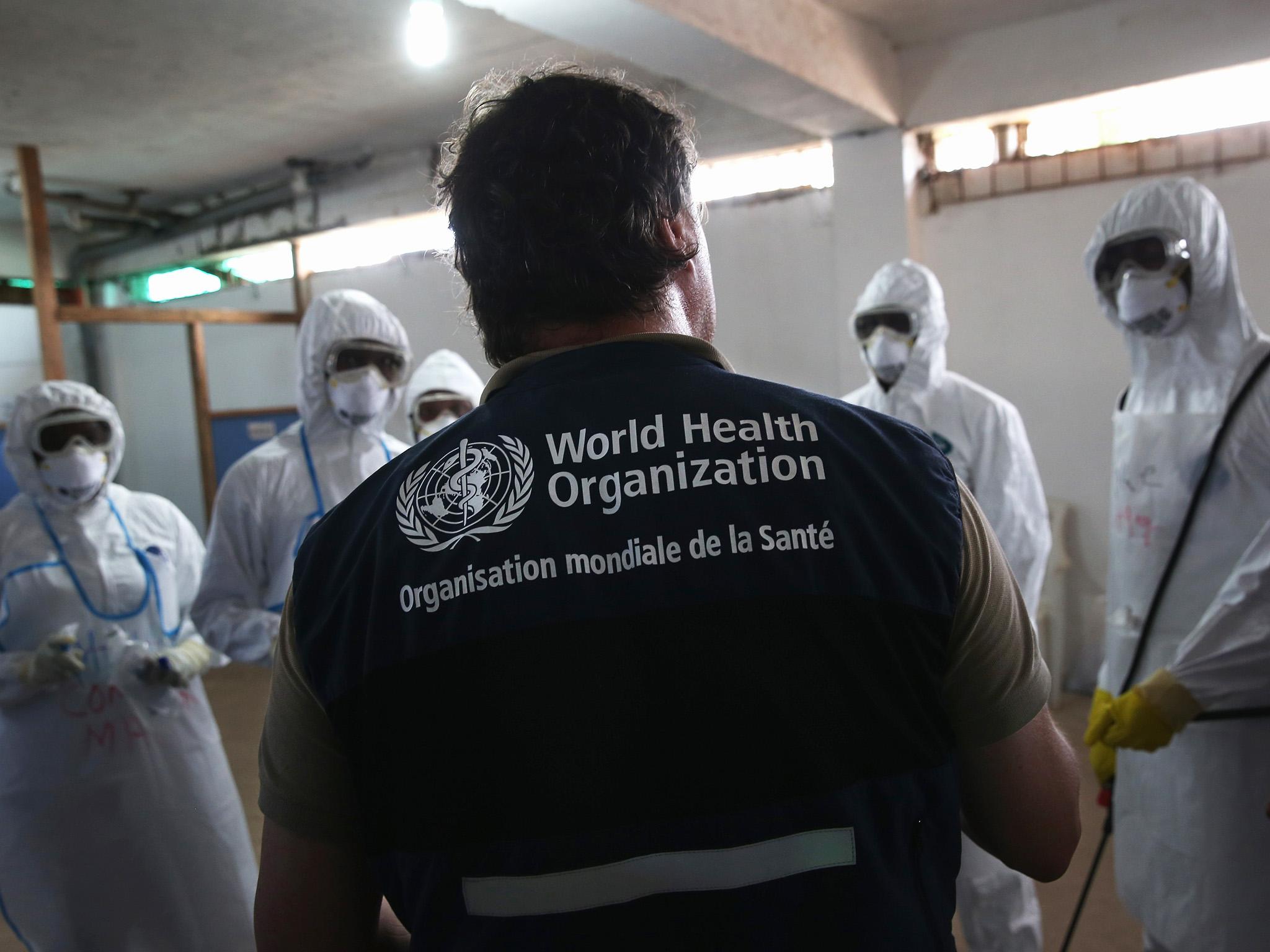Coronavirus: Warning over rise of fraud scams exploiting outbreak as UK losses near £1m
Warning over emails claiming to be from World Health Organisation and other official bodies
Coronavirus scams have caused losses of almost £1m as fraudsters use the global pandemic to target members of the public.
The National Fraud Intelligence Bureau said reports related to the outbreak have rocketed 400 per cent in recent weeks.
The 105 cases recorded in little over a month have caused losses totalling £970,000.
Officials said the first coronavirus-related scam was reported on 9 February and there were 20 more reports that month.
But in the first two weeks of March the number rose to 46, and there were 38 more between 14 and 18 March alone.
The majority of reports were of online shopping scams where people ordered protective face masks, hand sanitiser, and other products that have never arrived.
Action Fraud, which has a reporting hotline, has received more than 200 reports of coronavirus-themed phishing emails, which trick recipients into opening malicious attachments allowing the theft of their personal information or financial details.
Some of the emails claim to be from a research group that mimicking the World Health Organisation (WHO) or US Centres for Disease Control and Prevention (CDC).
They claim to provide the victim with a list of active infections in their area if they click on a link to a credential-stealing page, or make a bitcoin donation.

Other fraudsters are tricking people into clicking on a malicious link to a newsletter with coronavirus updates, sending investment and trading advice on how to take financial advantage of the economic downturn or directing people to a fake HMRC website offering tax refunds.
Supt Sanjay Andersen, head of the National Fraud Intelligence Bureau, said: “Fraudsters will use any opportunity they can to take money from innocent people. This includes exploiting tragedies and global emergencies.
“The majority of scams we are seeing relate to the online sale of protective items, and items that are in short supply across the country, due to the covid-19 outbreak.
“We’re advising people not to panic and to think about the purchase they are making. When you’re online shopping it’s important to do your research and look at reviews of the site you are buying from.”
Graeme Biggar, director general of the National Economic Crime Centre, said scammers were also offering fake medical support and targeting people who may be vulnerable or increasingly isolated at home.
“These frauds try to lure you in with offers that look too good to be true, such as high return investments and ‘healthcare opportunities’, or appeals for you to support those who are ill or bogus charities,” he added.
“The advice is simple, think very carefully before you hand over your money, and don’t give out your personal details unless you are sure who you are dealing with.
“We are working together across law enforcement, government and the private sector to combat this criminal activity. If you think you have been a victim please report to Action Fraud.”
Other forms of crime linked to coronavirus include reports of burglars posing as NHS workers testing for the illness in order to gain entry to properties.
The Metropolitan Police has also issued a warning over thieves who offer to do shopping for elderly people confined to their homes, and then keep their money.
Amid widespread panic-buying and shortages of sanitary products, hospitals across Britain have reported thefts of hand sanitser meant for staff and vulnerable patients.
In the early days of the outbreak, there was an uptick in reports of hate crimes that saw people of Chinese or Asian appearance targeted over coronavirus.
Police leaders are using data from Italy and other countries with more advanced coronavirus outbreaks to predict changes in call patterns, crime and demand.
New emergency laws give officers the power to arrest and isolate people with suspected coronavirus in order to protect public health.
Senior officers giving evidence to the Home Affairs Committee on Wednesday said they will be forced to enact a “graduated withdrawal of service” from their normal duties if the coronavirus outbreak worsens.
Deputy Chief Constable Paul Netherton, the national lead for civil contingencies, said police expected the key challenge to be supporting the NHS, and that fears of disorder and looting had not yet been realised.
On Friday, the National Police Chiefs’ Council (NPCC) issued a plea for employers to release voluntary special constables on paid leave so they can support the response to coronavirus.
Officials have not confirmed how many officers have so far been lost to illness and self-isolation, but the NPCC said forces would “come under increasing strain”.
There are currently more than 10,000 special constables in the UK, who have the powers of a regular police officer but work only as part-time volunteers in their local forces.
NPCC chair Martin Hewitt, said: “Our special constables play a vital role in the police service, a service which will be placed under great strain over the coming months.
“We appreciate that this would be placing a further burden on businesses who are already suffering the economic impact of this virus, and we do not make this appeal lightly.
“Businesses who are able to release their staff to undertake these important roles will be supporting the national effort against covid-19 by helping us to maintain services and keep people safe.”
Police leaders are considering other measures to boost ranks, including relaxing rules on officers re-joining the service after retirement.
Bookmark popover
Removed from bookmarks